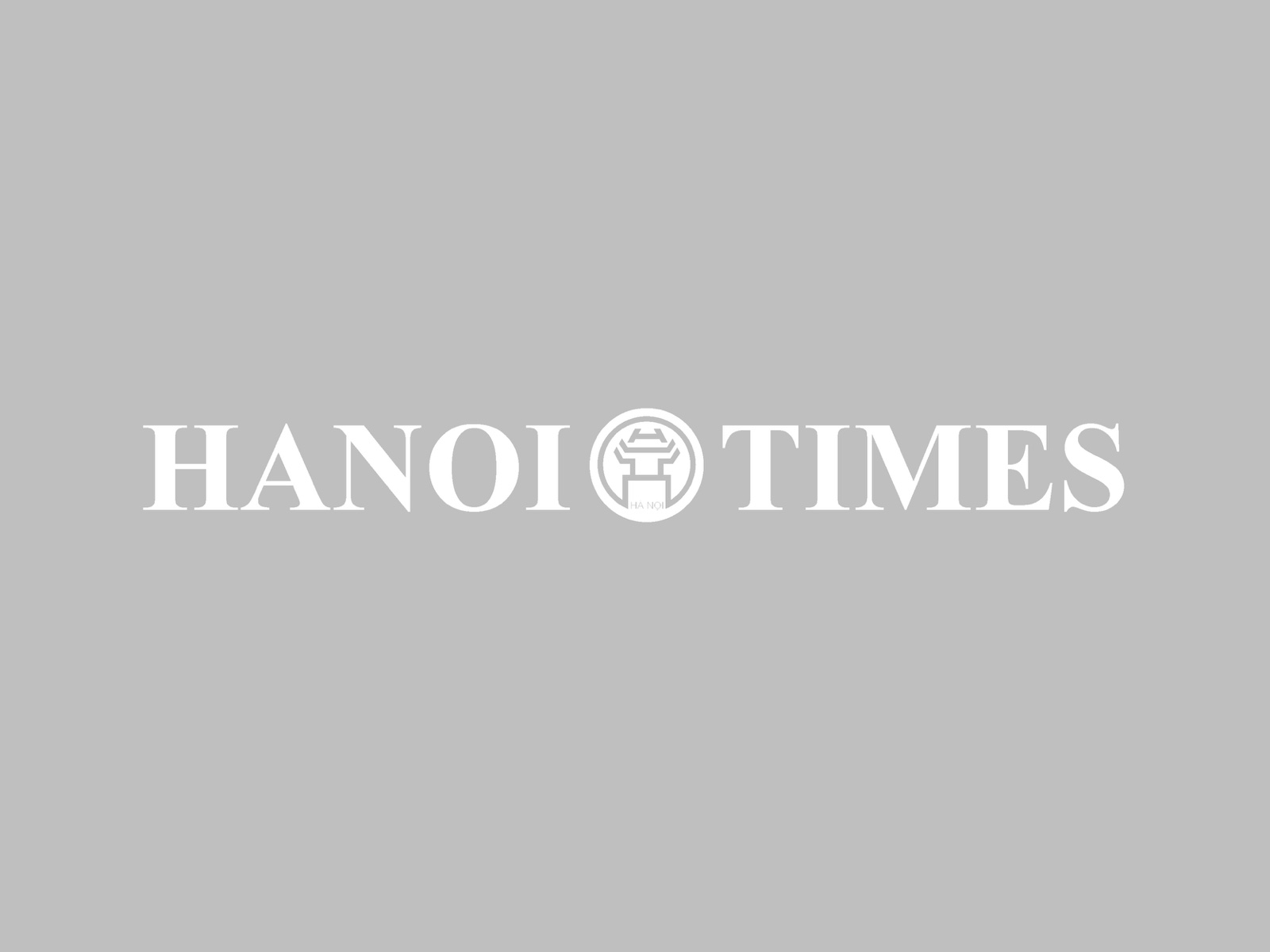Business
Vietnam customs, USAID promote trade facilitation
Aug 28, 2019 / 02:55 PM
Inefficient border procedures are preventing Vietnam from improving its trade competitiveness.
Vietnam’s customs authority on August 27 had a meeting with the US Agency for International Development (USAID) to discuss the implementation of the trade facilitation program (TFP) project backed by the latter, focusing on boosting efficiency in specialized inspection on trade activities.
Deputy General Director of the General Department of Vietnam Customs (GDVC) Mai Xuan Thanh said Prime Minister Nguyen Xuan Phuc has tasked the department to coordinate inter-ministerial efforts to streamline, harmonize and apply risk management based approaches to customs and specialized inspections.
Following the objective, the USAID TFP will work with the Vietnamese government to strengthen the role and capacity of Vietnam's National Trade Facilitation Committee (NTFC) and their associated working groups; streamline border clearance procedures including specialized inspection implemented by other ministries and agencies; and harmonize the implementation of random check approaches between national and provincial level entities.
The program will also train customs officers on risk management, and facilitate national-provincial dialogue as well as dialogue between GDVC and the business community on trade facilitation and customs issues.
As planned, the TFP is set to implement in the 2018 – 2023 period with an estimated budget of US$21.7 million.
According to the USAID, over the past two decades, Vietnam has become one of the most open economies in the world. However, inefficient border procedures are preventing Vietnam from improving its trade competitiveness.
Specialized inspection is a step in the customs clearance procedure that is implemented by related ministries on import and export goods. Vietnam's specialized inspection involve multiple ministries, causing major delays in border clearances, costing traders time and money, and hurting small and medium enterprises (SMEs) the most.
As a result, the TFP would strengthen the implementation of the World Trade Organization's Trade Facilitation Agreement (TFA) of which both Vietnam and the US are members. This will assist Vietnam in achieving its development objectives while reducing the time and cost to trade.
Statistics from the National Steering Committee for ASEAN Single Window (ASW), National Single Window (NSW) and Trade Facilitation, known as Committee 1899, showed that in 2015, 13 ministries and agencies issues categories of 82,698 goods subject to specialized inspection. Of the total, the Ministry of Agriculture and Rural Development (MARD) makes up the largest proportion with 65,185 goods, or 79% of the total, followed by the Ministry of Health with 5,730, the Ministry of Industry and Trade with 5,096, the Ministry of Science and Technology with 3,434, the Ministry of Transportation with 1,433, and the Ministry of Information and Communications with 1,034.
As of April, the total number decreased to 70,087 thanks to drastic measures from the government to improve the business environment towards transparency, fairness and convenience for the business community.
On September 26, 2018, Prime Minister Nguyen Xuan Phuc approved new action plan of the Committee 1899 in the 2018 – 2020 period that targets a 10% reduction in the number of goods and products subject to specialized inspection by 2020.

Overview of the meeting.
|
Following the objective, the USAID TFP will work with the Vietnamese government to strengthen the role and capacity of Vietnam's National Trade Facilitation Committee (NTFC) and their associated working groups; streamline border clearance procedures including specialized inspection implemented by other ministries and agencies; and harmonize the implementation of random check approaches between national and provincial level entities.
The program will also train customs officers on risk management, and facilitate national-provincial dialogue as well as dialogue between GDVC and the business community on trade facilitation and customs issues.
As planned, the TFP is set to implement in the 2018 – 2023 period with an estimated budget of US$21.7 million.
According to the USAID, over the past two decades, Vietnam has become one of the most open economies in the world. However, inefficient border procedures are preventing Vietnam from improving its trade competitiveness.
Specialized inspection is a step in the customs clearance procedure that is implemented by related ministries on import and export goods. Vietnam's specialized inspection involve multiple ministries, causing major delays in border clearances, costing traders time and money, and hurting small and medium enterprises (SMEs) the most.
As a result, the TFP would strengthen the implementation of the World Trade Organization's Trade Facilitation Agreement (TFA) of which both Vietnam and the US are members. This will assist Vietnam in achieving its development objectives while reducing the time and cost to trade.
Statistics from the National Steering Committee for ASEAN Single Window (ASW), National Single Window (NSW) and Trade Facilitation, known as Committee 1899, showed that in 2015, 13 ministries and agencies issues categories of 82,698 goods subject to specialized inspection. Of the total, the Ministry of Agriculture and Rural Development (MARD) makes up the largest proportion with 65,185 goods, or 79% of the total, followed by the Ministry of Health with 5,730, the Ministry of Industry and Trade with 5,096, the Ministry of Science and Technology with 3,434, the Ministry of Transportation with 1,433, and the Ministry of Information and Communications with 1,034.
As of April, the total number decreased to 70,087 thanks to drastic measures from the government to improve the business environment towards transparency, fairness and convenience for the business community.
On September 26, 2018, Prime Minister Nguyen Xuan Phuc approved new action plan of the Committee 1899 in the 2018 – 2020 period that targets a 10% reduction in the number of goods and products subject to specialized inspection by 2020.







